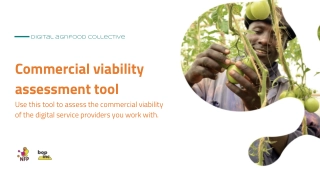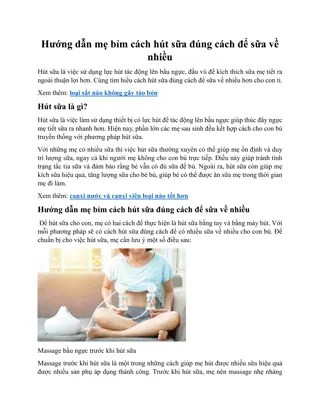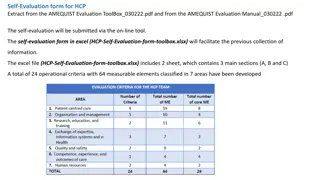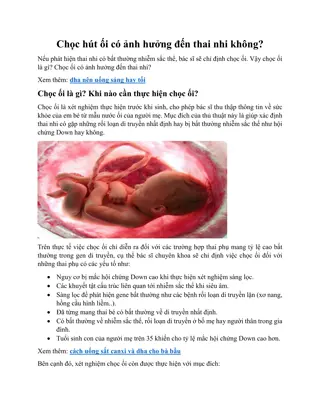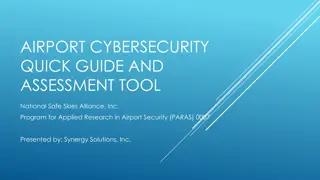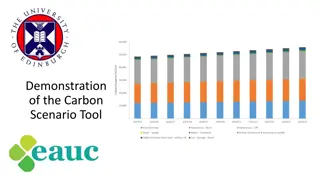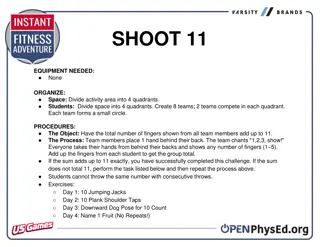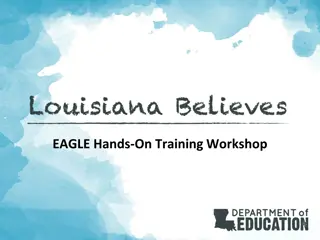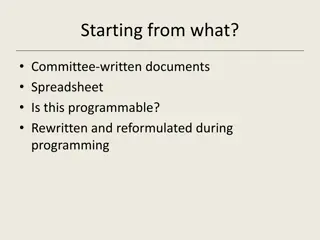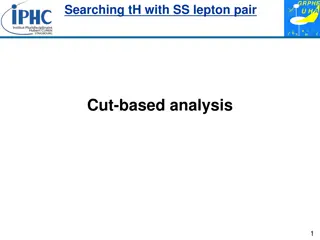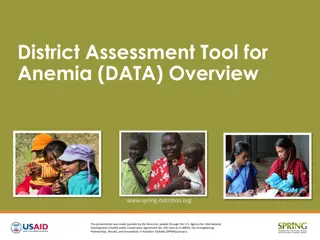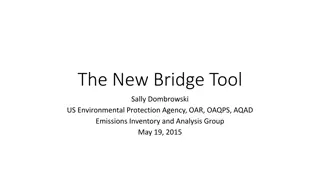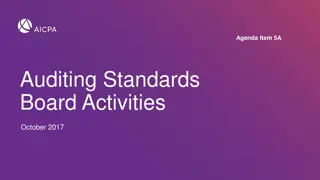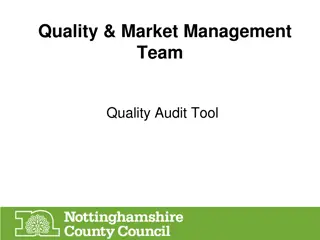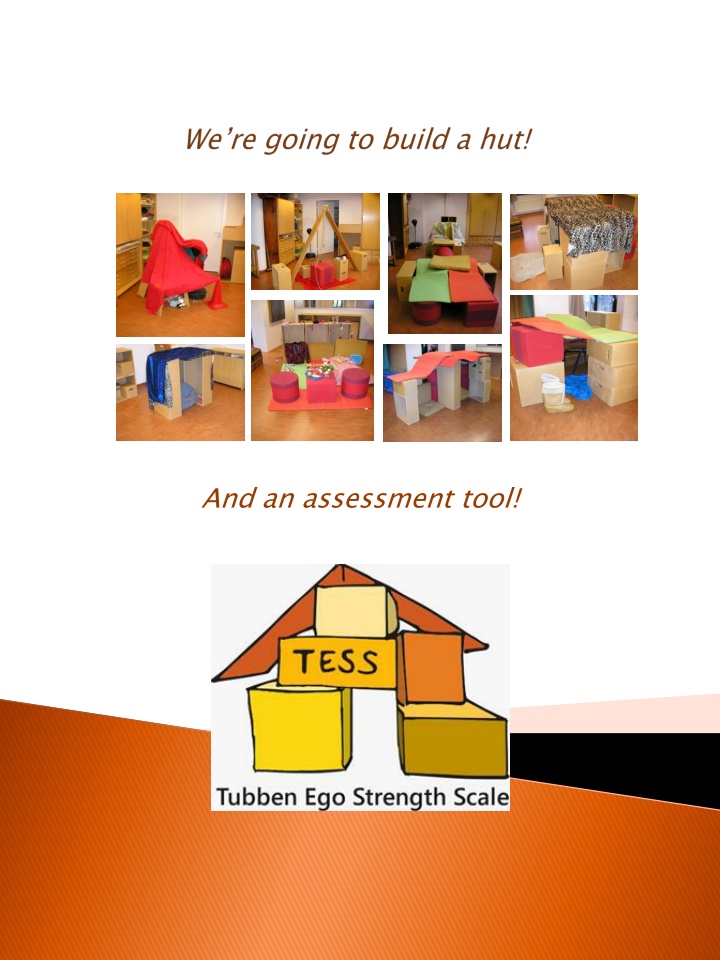
Development and Assessment Tool for Ego Strength in Children
Explore a comprehensive assessment tool designed for measuring ego strength in children through various play activities. Discover the process of administering, scoring, and validating the Ego Strength scale, supported by a normative sample and data analysis.
Download Presentation

Please find below an Image/Link to download the presentation.
The content on the website is provided AS IS for your information and personal use only. It may not be sold, licensed, or shared on other websites without obtaining consent from the author. If you encounter any issues during the download, it is possible that the publisher has removed the file from their server.
You are allowed to download the files provided on this website for personal or commercial use, subject to the condition that they are used lawfully. All files are the property of their respective owners.
The content on the website is provided AS IS for your information and personal use only. It may not be sold, licensed, or shared on other websites without obtaining consent from the author.
E N D
Presentation Transcript
Administering Show round the room Building of the hut Decorating the hut Role figures and story Acting out the story told by play on demand
Measured concept? Ego Strength 4 levels of expression product process giving meaning thematic play
Ego Strength Basic Trust product process giving meaning thematic play product process giving meaning thematic play product process giving meaning thematic play Autonomy Initiative Industry product process giving meaning thematic play
EGO STRENGTH Making Contact Taking Space Inte- grating Basic Trust product process giving meaning thematic play product process giving meaning thematic play Autonomy Initiative product process giving meaning thematic play Industry product process giving meaning thematic play
Aim To set up a standard or norm score To validate both the overall scale Ego Strength as well as the subscales from the TESS
17 drama therapists from all over the country are schooled in administering and scoring of the TESS Interrater reliability ICC>.80 as admission requirement Overall scale Ego Strength ICC = .85 Subscales vary between ICC .78 and .86 ICC Type absolute Agreement
Normative sample of >400 children Representative sample From all over the country From different school types or education systems Equal amount boys\ girls Equal amount younger and older age 7, 8 and 9 years old 10, 11 and 12 years old
Data analysis Comparing scores on the TESS to scores on validation tools Seeking best model of fit to ground the internal structure of the TESS Comparing scores of the normative sample to scores of the clinical sample
Differences between girls and boys 5.1 5 4.9 4.8 4.7 4.6 girls N=210 4.5 boys N=188 4.4 4.3 4.2 Norm sample Eta =.014 Eta =.014 , a small , a small effect effect
Differences between age groups 5.1 5 4.9 4.8 4.7 4.6 age 7, 8, 9 N=210 4.5 age10, 11, 12 N=188 4.4 4.3 4.2 Norm sample Eta =. Eta =.021, a 021, a small effect small effect
Differences between Norm sample & cli nt sample 5.1 4.8 4.5 4.2 3.9 3.6 3.3 3 Norm sample N = 398 Norm sample N = 398 Cli nt sample N = 127 Cli nt sample N = 127 Eta =.095, a reasonable effect Cohen s d=.75, a large effect Eta =. Cohen s d=. 095, a reasonable effect 75, a large effect
Outcome psychometric study the structure of the TESS in one overall scale and seven subscales is confirmed 5 items were removed, so all psychometric outcomes had to be recalculated the overall scale Ego strength is valid and reliable. Construct: bi-factorial analyses in Mplus Convergent: correlation CCQ and TESS = .42 Criterium: difference norm and client sample the subscales are all reliable, the evidence for validity was ambivalent, so it is best to formulate therapy goals based on subscales as working hypotheses. Adequate standards are made by which an individual score can be compared with the average score of the norm sample.
The TESS discriminates between children with and children without clinical problems. Ego strength plays an important role as it comes to clinical problems and therefore you can see ego strength as a transdiagnostic factor Score patterns on the TESS give guidelines for treatment
If you have a TESS certification: If you have a TESS certification: Go to my TESS environment Open a TESS score form Fill in the administration details Fill in the score form Score each item on a 7-point scale Check for each item the guidelines for scoring Check if every item has a score filled in Push the submit button And an Analysis rolls out
Analysis explained Analysis explained You find: first the administration details Second a percentile norm score for Ego strength is measured Followed by a general description belonging to children with this amount of ego strength Thereafter the scores on the subscales in colour Then the pattern of the scoring on the subscales Last a general explanation of the score pattern
Analysis explained Analysis explained Example of a Peak Pattern (next slide) The scores on the subscales differ largely Provides guideliness for treatment goals Risk of overestimating a child
For drama therapists: so inspiring and rewarding and exciting to work with Every hut is different Outcome is clear Guidelines for treatment goals For colleagues: Growing ask for TESS administrations of colleagues from other disciplines because easy communication about the outcome For clients: Doesn t feel like being measured, for most of the children it is play and fun For parents: Gives detailed insight and better understanding of (the psycho-social development of) their child
At all 5 courses for drama therapy About diagnostics in therapy In a broader sense in drama therapy Training the students in use of the underlying theoretical principles of the TESS Observation on the four levels of expression Play on demand (directed by child) Research skills Curiosity Perseverance: step by step Motivation by example
TESS Course for drama therapists Theoretical framework of the TESS Of the used constructs Of the psychometric features of The TESS Training the drama therapists in use of the underlying theoretical principles of the TESS Observation on the four levels of expression Play on demand (directed by child) Training the drama therapists in administering and scoring of the TESS
At the end of the course there will be an individual exam in which two aspects will be assessed: TESS administration according to protocol Interrater reliability ICC .80 type absolute agreement If you pass the exam, you get certified and are licenced to use the TESS for two years without any costs. After two years a check on the Interrater reliability will take place and after that you can use the TESS for free for ever
So Long live the TESS I m so proud of my brainchild!!!! Long live the TESS

